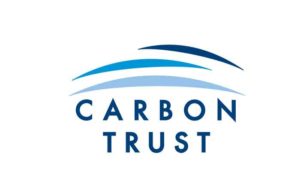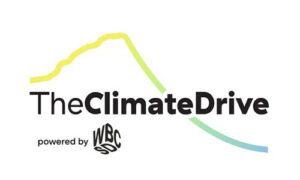Explore Tags
#Environment, #Social Sustainability, #Food Waste, #Forced Labour, #Supply Chains, #Walmart, #Danone, #Didier Bergeret, #Sustainable Sourcing, #Sustainable Supply Chain Initiative, #Responsible Sourcing, #social compliance, #Case Study, #consumer goods forum, #SSCI, #Governance, #China Day, #Human Rights Day, #FMCG, #SSCI Recognition, #Consumer Goods Industry, #Forest Positive Coalition, #Primary Production, #Human Rights Due Diligence, #Human Rights Coalition, #SSCI Benchmark, #Kenya Flower Council, #Plant-based Food,



